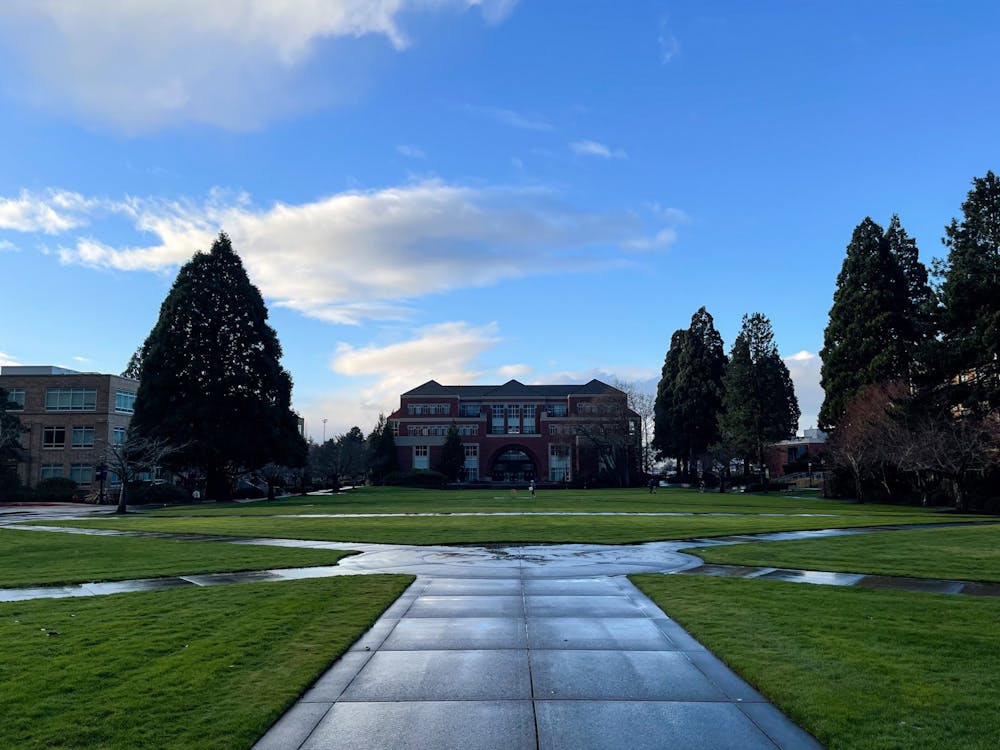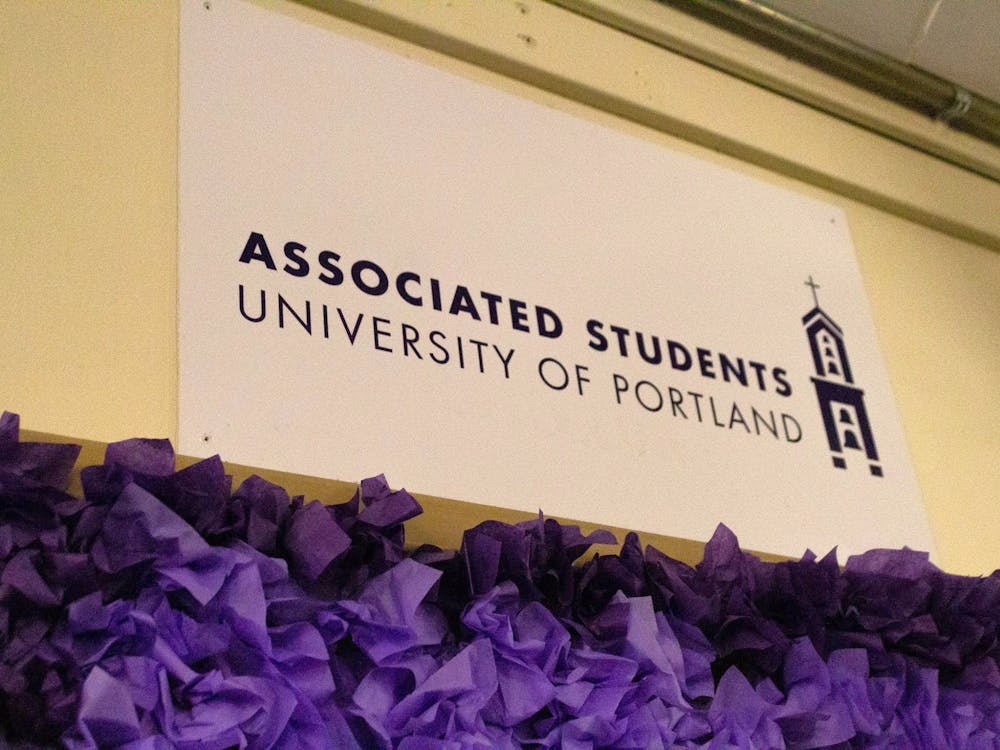The Executive Committee of the Academic Senate called a special meeting on March 18 to discuss the concerns about returning to in-person instruction in the fall.
Monthly Academic Senate meetings typically have a full agenda, so the Executive Committee decided the return to in-person instruction warranted its own meeting. The committee also invited UP staff to attend the virtual meeting. Typically, only faculty, the president and the provost attend.
UP plans to hold 75-80% of fall semester classes in person, according to Provost Herbert Medina. A lot is still unknown, however, and how UP proceeds depends on factors such as state regulations and vaccinations.
What we know
On May 1, all adults in Oregon will be eligible to receive the vaccine. Some concerns about coming back to campus are relieved by this information. Last week, the Centers for Disease Control (CDC) also announced that three feet of physical distancing is safe in schools.
Admissions are also at a healthy level, suggesting that people are hopeful about in-person classes, according to Associate Provost Elise Moentmann.
“Our completed applications are a little bit less than last year, but much more than two years ago,” Moentmann said. “So, we’re right where we would want to be for the last two years with completed applications.”
Total admissions deposits have increased by approximately 40 committed students from last year and 70 from two years ago, reflecting healthy admissions for the next academic year.
Additionally, Residence Life has reported that many students have shown interest in living on-campus this fall, with applications being particularly strong amongst the current sophomore class, according to Moentmann.
What we don’t know
The UP administration has not decided if it will require students, staff and faculty to receive the COVID-19 vaccine. There are currently some immunization requirements for UP students, such as the MMR vaccine, but there are conflicting legal arguments for requiring the COVID-19 vaccine, according to Casey Shillam, Dean of School of Nursing.
“It hasn’t actually formally been approved by the FDA, so right now we are under emergency use authorization for all of the vaccines and so there are really nuanced issues about whether we can legally require the vaccine, until we have full FDA approval,” Shillam said.
Students can be exempt from these vaccination requirements for religious or health reasons.
It is also unknown which classes will be online and which classes will be in-person, but students can expect to have one to two online classes, Moentmann said.
We also don’t know what the maximum capacity will be in each classroom. According to Moentmann, the Oregon Health Authority is now working on new guidelines for colleges and universities for the fall. She anticipates they will adjust restrictions to allow more students in the classroom. Once those guidelines are updated, UP can begin assigning classrooms, likely in late spring or early summer, Moentmann said.
Shillam expects many unanswered questions will have answers by late May or early June.
“We’ve had vaccines available for four months now and so that’s going to get us to that six month mark where we are really able to see what the efficacy is and how that plays out,” Shillam said.
Concerns
One faculty member asked about ventilation and the efficiency of air flow in UP buildings, since COVID-19 is an airborne virus.
Vice President for University Operations, Jim Ravelli, said Physical Plant has been working on that.
“I know that they have worked in all the different buildings to maximize things like airflow and filtering, to the extent that the HVAC systems inside those buildings will support that,” Ravelli said. “And certainly that’s one of the factors that goes into looking at classroom capacities...is how well does airflow work, how much fresh air can we get into a building, how often does it get flushed, those kinds of things.”
More information about campus ventilation can be found on the Pilots Prevent page.
One staff member raised the question about whether UP will still allow remote work post-pandemic. Under current UP policy and outside the context of the pandemic, working from home is not allowed. However, some staff members voiced that productivity since working from home has increased and they would appreciate more flexibility in this policy post-pandemic.
In response, Medina said that concern is being looked into, but there are factors that complicate that. Some issues that can arise when working from home include compliance concerns around equity, workplace safety, and multi-state employment, Interim Vice President for Financial Affairs Eric Barger said. Barger is leading a committee to discuss this specific issue.
The Executive Committee hopes to hold more meetings like this in the future to promote transparency in decision making.
“We haven’t all sat together really and had a discussion like this, and that’s our purpose in some sense for calling this meeting,” Executive Committee Chair Jeff Gauthier said. “And in that sense, we hope it’s a precedent for the future in terms of being able to engage in these kinds of discussions.”
Laura Heffernan is a reporter for The Beacon. She can be reached at hefferna23@up.edu.








